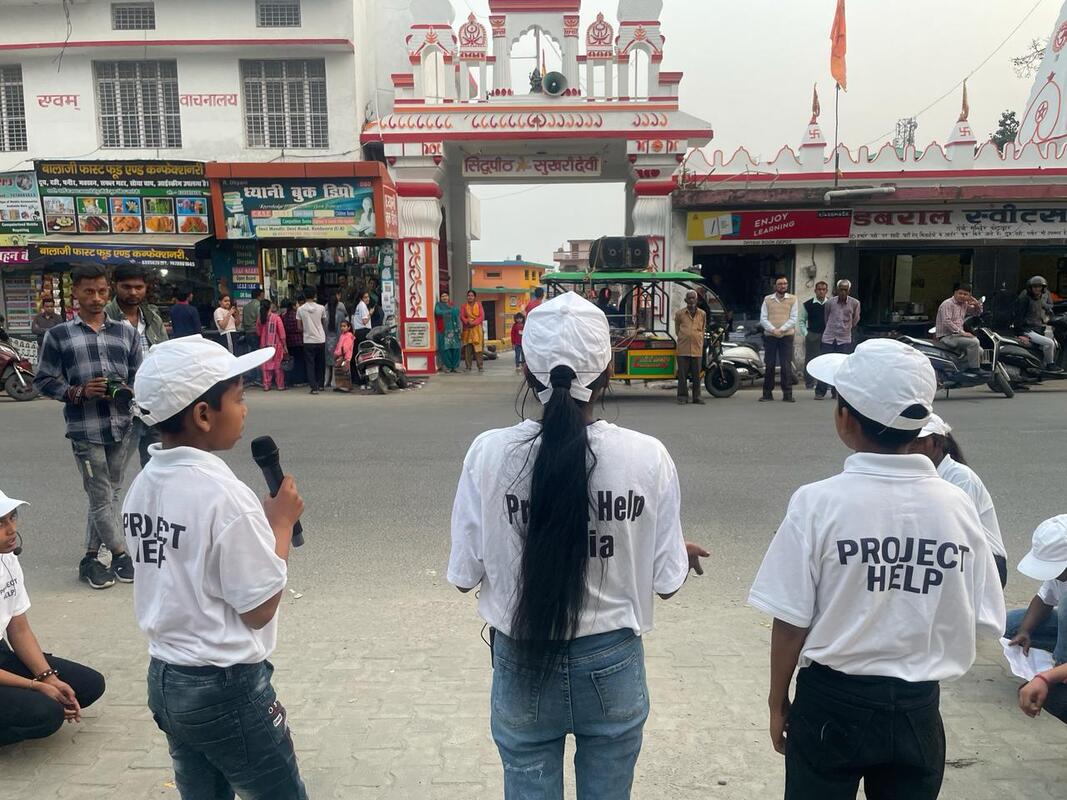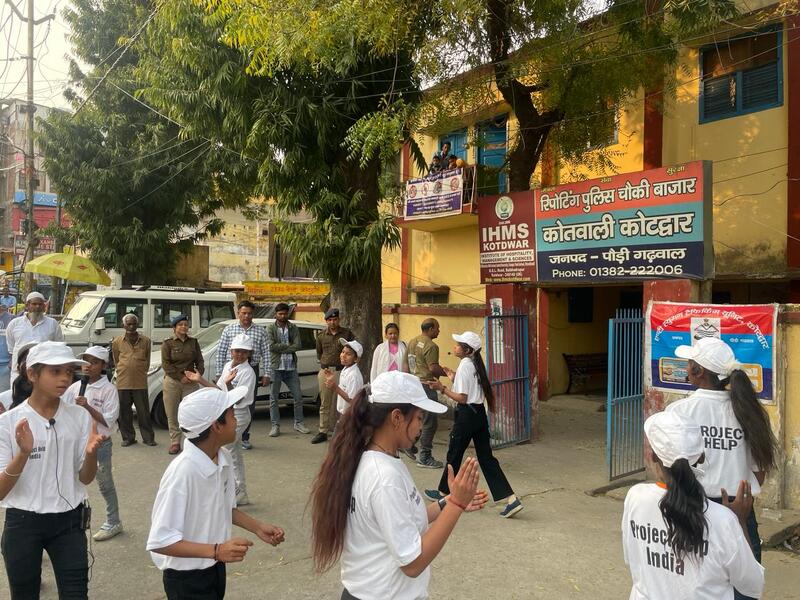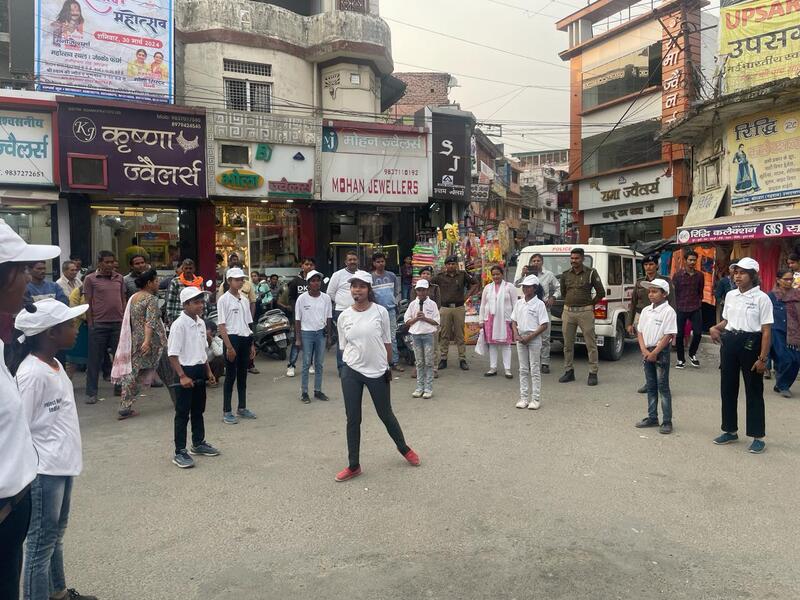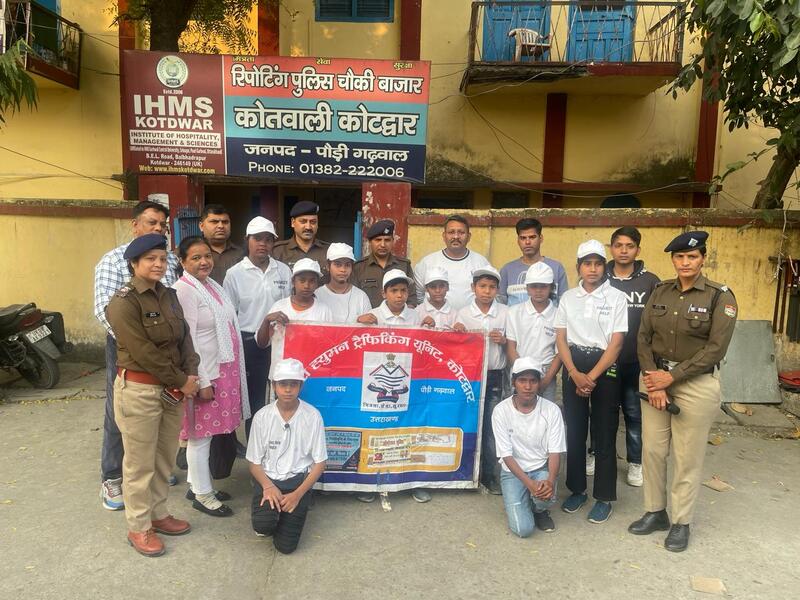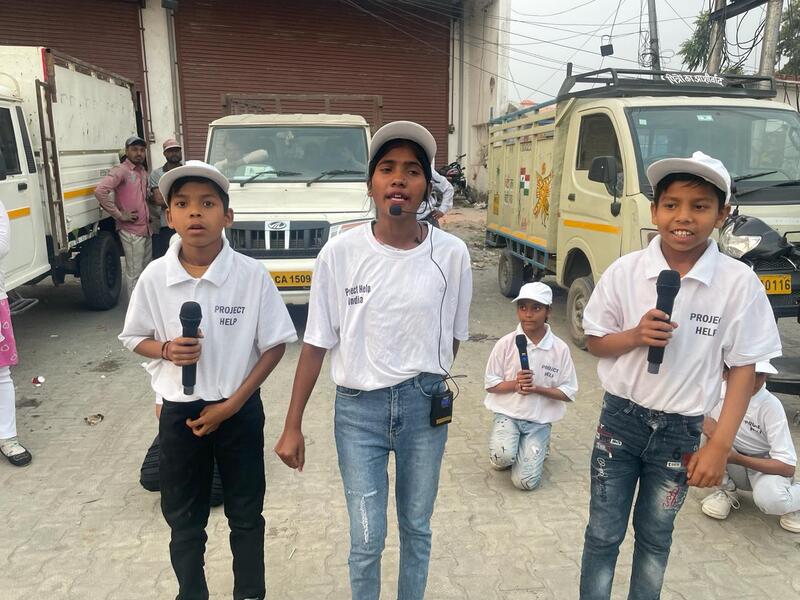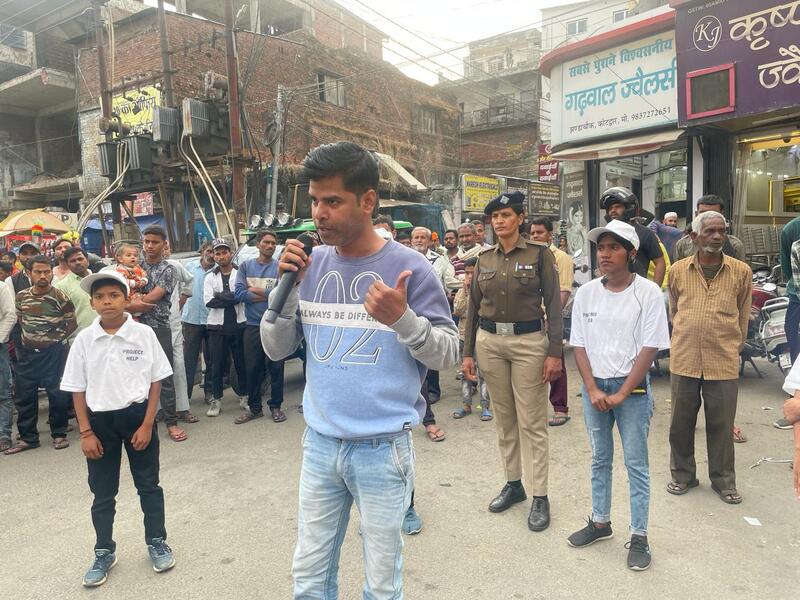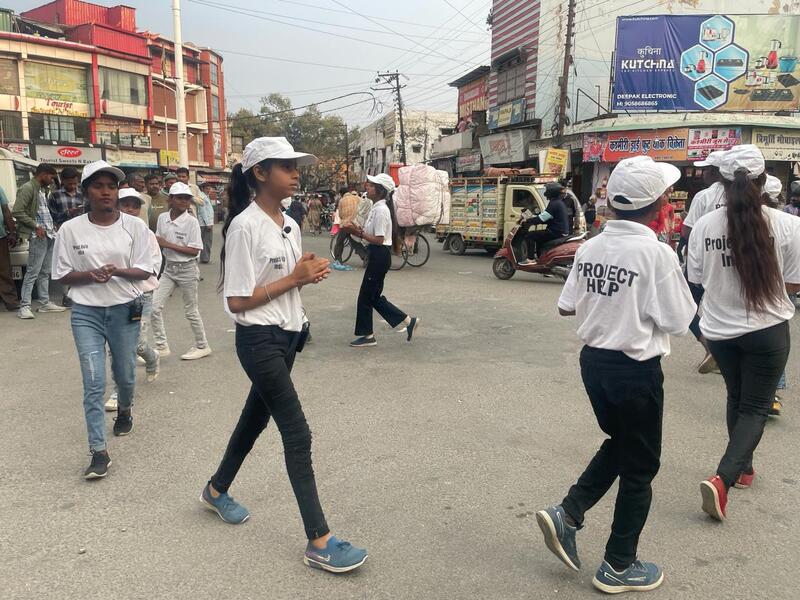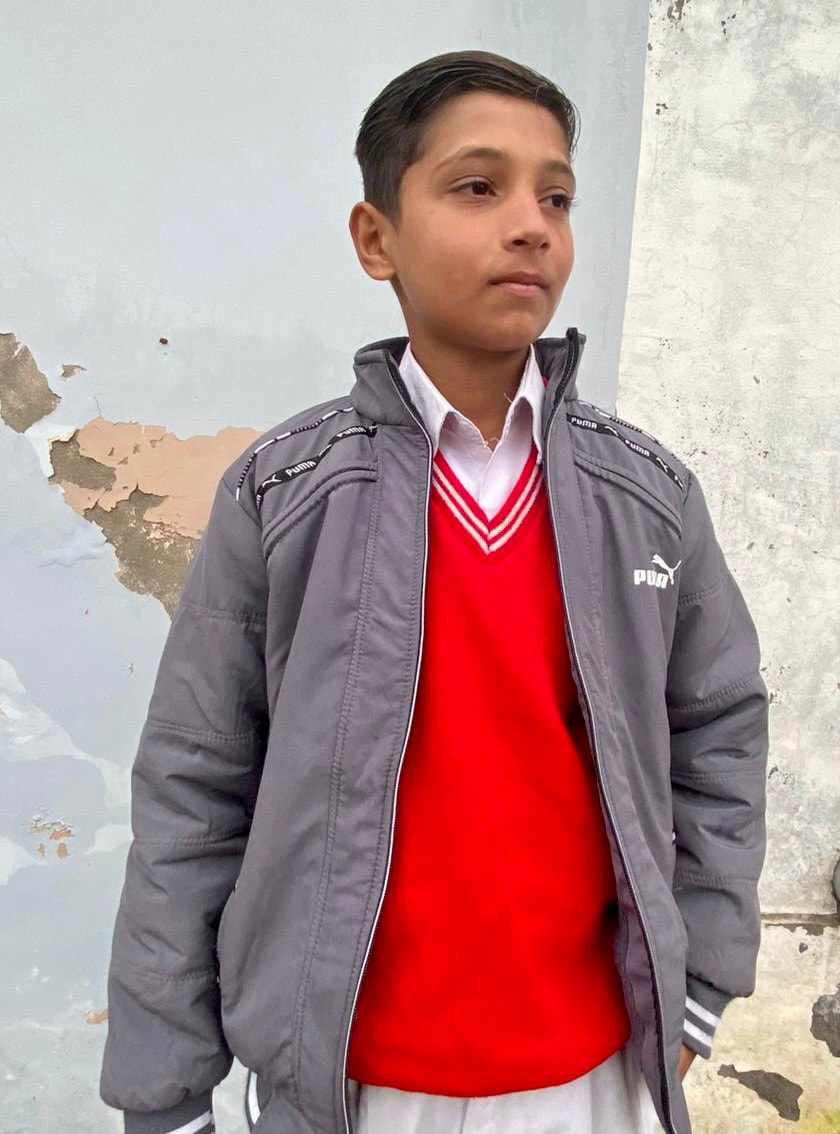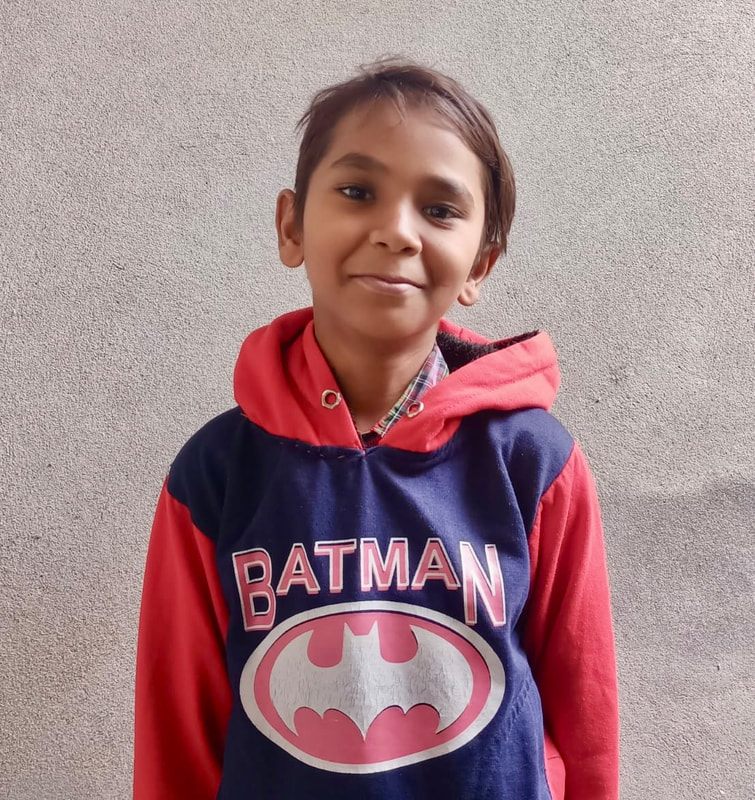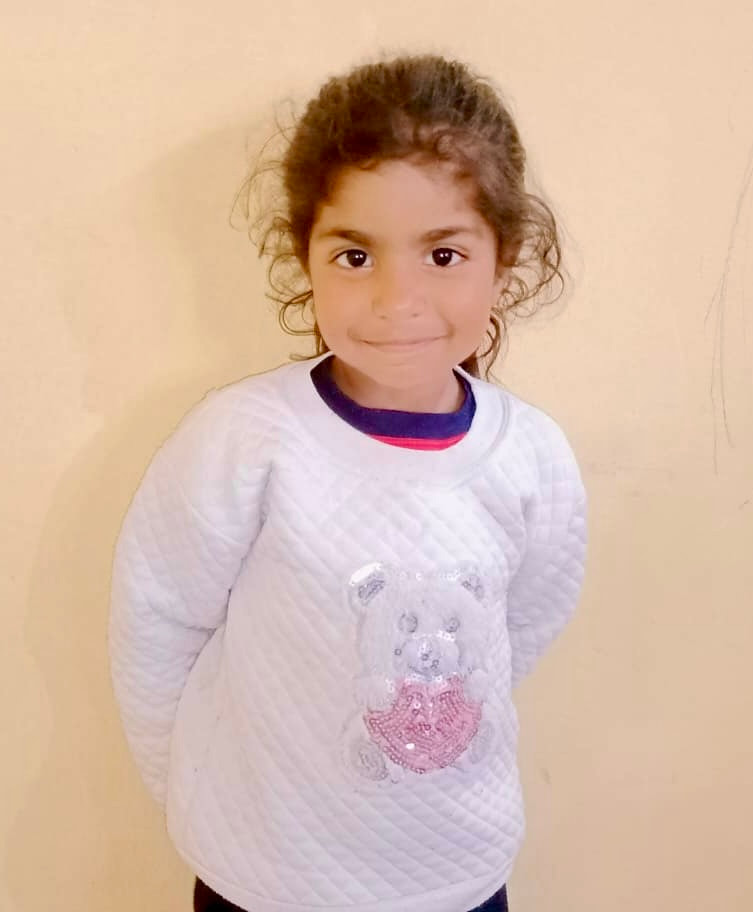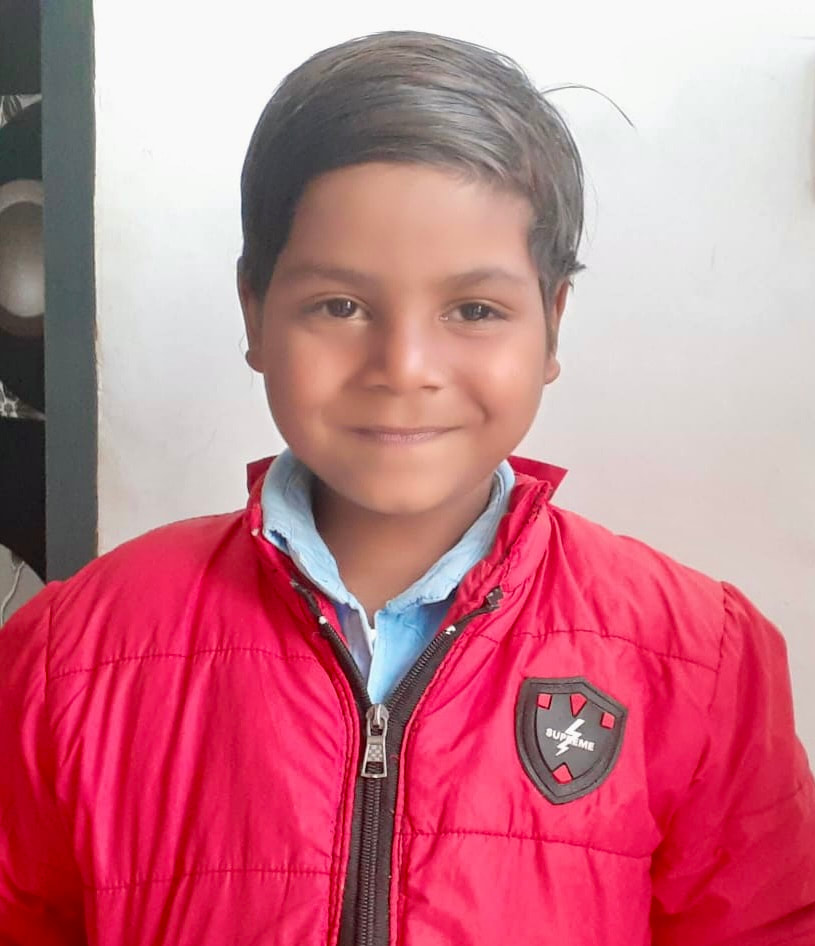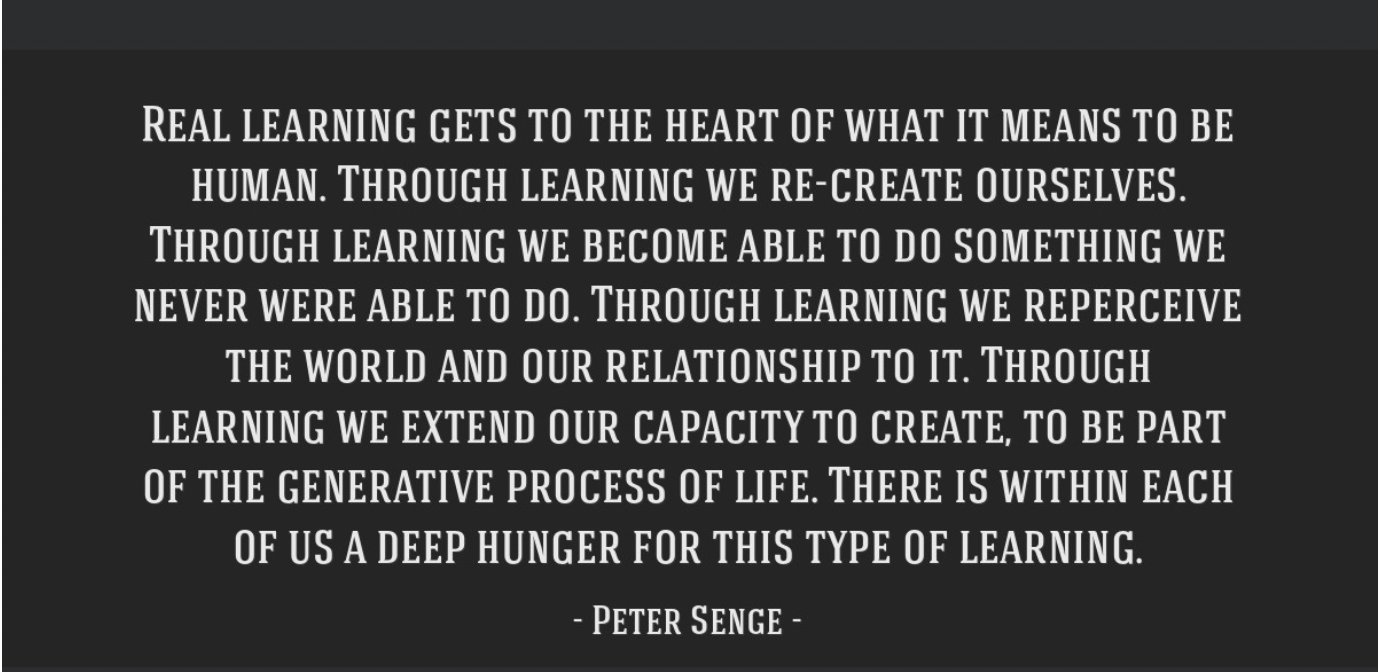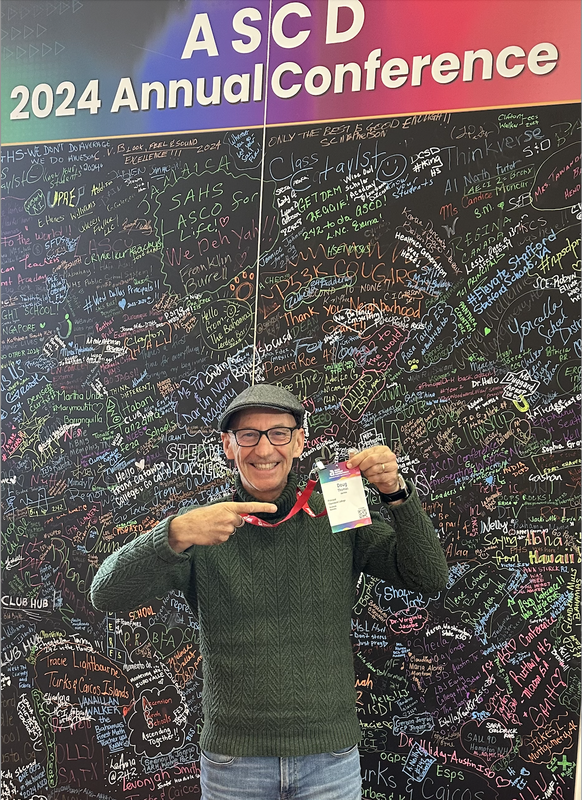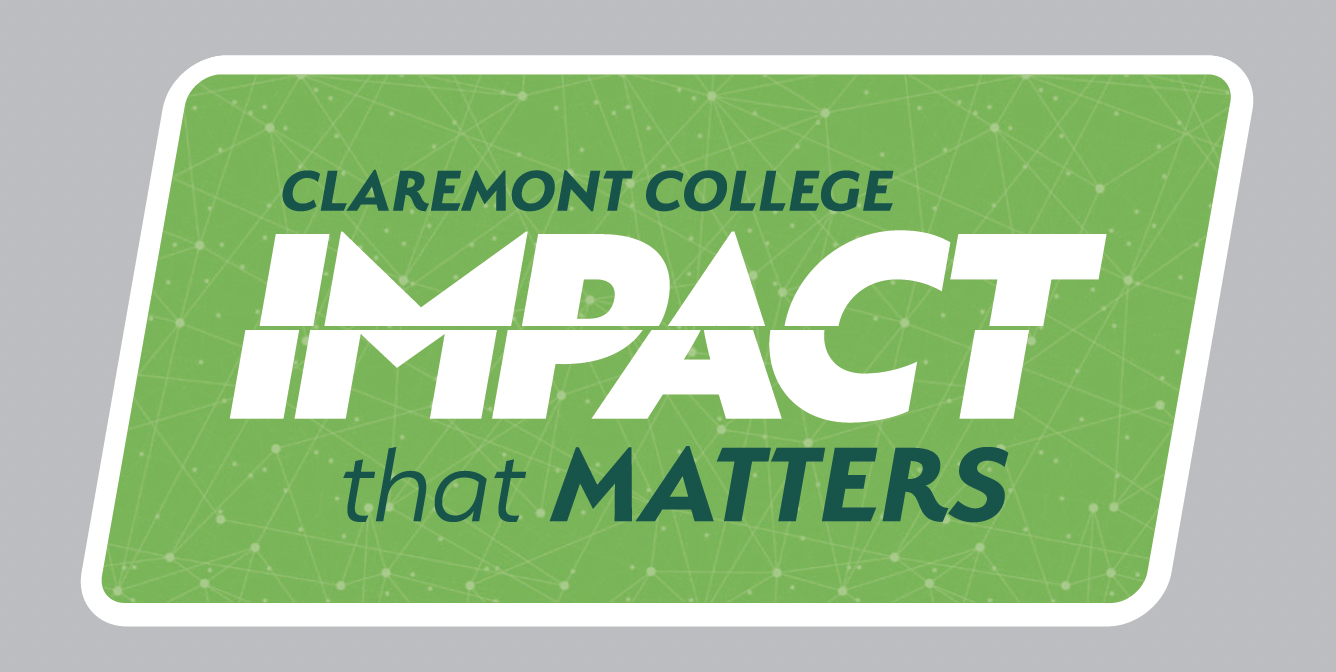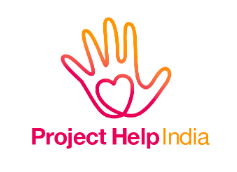|
It was a great privilege for me to be an invited speaker at the ‘National Indigenous Empowerment Summit’ in Brisbane (May 12 and 13). The title of my talk was ‘Creating inclusive and supportive schools that foster connection, belonging and safety.’ My talk presented educational research aIong-side stories shared about my school, Claremont College. To be honest it was a little overwhelming to give my talk straight after Meena Singh, the Victorian Commissioner for Aboriginal Children and Young People. Meena made some excellent points about the rights of children, particularly in relation to their safety and wellbeing and she challenged me to constantly reflect on, and to be aware of the biases and racist attitudes/beliefs that I might have, even without realising.
For my talk I focussed on three main points;
I was incredibly proud to talk about my school, our students, our teachers and school community. What we have at Claremont is something that is very special. The audience especially loved a video clip I showed of one of my students giving an Acknowledgement of Country #proudprincipal. I am always grateful to attend conferences, to learn and come away with new ideas and perspectives. Some key things that I took away from the conference were a better understanding of the importance of connection to home and community, the concept of fostering ‘cultural safety’ at school and to consider ways to address and tackle racism head-on within a school or organisation. I was also challenged to think about how teachers can be trained (especially as part of their university training) to better understand and incorporate truth telling into their lessons and incorporated more broadly into the curriculum. Australia wide, there are so many important stories that need to be told, listened to and remembered. Healing and reconciliation will only happen with recognition. The many indigenous languages from across Australia also need to be valued, preserved and taught for the generations to come. Above all, it was a privilege to meet and learn from some really amazing educators who are doing inspiring work with indigenous students, their families and communities. I am particularly in awe of the many passionate and talented young indigenous educators who are leading the way. Once again, I am more convinced than ever that great teachers and inclusive schools bring hope to our student's lives and their futures.
0 Comments
It’s often the little things that make the biggest difference. Northern India is presently experiencing an unprecedented heat wave. The temperature has been ridiculously hot, with no respite in sight. When you live in a slum, there’s certainly no western comforts, no AC, no cold fridge to keep your food fresh, just relentless heat made worse by corrugated iron sheeting and black plastic roofing. Add a sewer that flows by your door, you can probably imagine how bad it is.
I’m so proud of our team, who exemplified kindness and compassion in action … they couldn’t do much but they came up with the idea to deliver cold drinks - offering a friendly smile, a word of encouragement as well as checking in on the welfare of the elderly, mothers with babies, and with the parents of children who attend our education centres. If you look closely at some of the images below, you will see that many families are living on a busy roadside - still displaced from the monsoon floods from back in August last year. Basically it totally sucks! Yet in the midst of the many desperate moments, there is friendship, resilience, some laughs, conversations, human connections and smiles to be found. Jesus commands us to love our neighbour - for me this is what I think he was talking about. No matter where you are - can I encourage you to look out for your neighbour, what is the human need that you see in front of you? If you are serious in doing so, open your eyes, that need and the opportunity to make a difference in someone's life will not be hard to find. Remember, It’s often the little things that make the biggest difference. We can't do any of this without your help. Might you be able to pay for another round of cold drinks? $100 is all it costs and the impact is immeasurable. You can donate to my charity Project Help India HERE Thank you so much. Love Doug When going to school keeps vulnerable kid safe from exploitation and trafficking
For over a decade Project Help India has provided a beacon of hope for children trapped in the vicious cycle of poverty, drug abuse, and street begging. Through the unwavering dedication of our team, we have transformed the lives of countless 'Dalit' (also known as 'the untouchables') children, steering them towards education and better nutrition. Last week the children from Project Help India's Kotdwara Slum Center took a bold step by staging street dramas to raise awareness about 'Operation Mukti'. We are so proud of some of our senior students who bravely and most confidently handled the microphone to give speeches to the public. In doing this, their skills are growing exponentially and they provide a wonderful leadership example to the other students and to the many passers-by. Operation Mukti, spearheaded by the Uttarakhand Police Department, aims to rescue children from the streets and provide them with the opportunity to receive an education. It's a collaborative effort involving various government departments and NGOs, with Project Help India playing a pivotal role. Over the years Project Help India has participated in Operation Mukti, and we have been delighted and encouraged by the large number of confirmed new school enrolments that we have seen across the state. What is significant about this endeavour is the emphasis on changing mindsets about the value and importance of education. For many of the Dalits there is a belief and generational lived experience that school is not accessible to their children. Sadly due to entrenched prejudice still held by many in the community (coupled with hierarchies of power and control) it can be very difficult for the Dalit kids and their families to be accepted and included in a school community. The primary objective of Operation Mukti is to eradicate child begging, promote education, and raise community awareness to prevent child exploitation. During these awareness programs, senior police officials and representatives from human trafficking departments were present, underlining the seriousness of the issue. Our Director, Mr. Amit Samuel, engaged with the community to discuss solutions and emphasise the importance of supporting children's education. As Project Help India continues its mission, we stand as a shining example of how grassroots initiatives and compassionate actions, can bring about positive change and pave the way for a brighter future for the next generation. Through our collective efforts, we are striving to create a more inclusive and safer environment for vulnerable children, shielding them from the horrors of trafficking and exploitation. When mum and dad just don't have the money to send their kids to school
Angel is 10 years old and she has two siblings. She attends the Project Help India Education Centre in Ferozepur City, in far Western Punjab. Angel's family faces extreme financial hardship with them barely earning enough on a day to day basis.. Her parents, Aman and Shalu, work as a labourer and maid, respectively, struggling to make ends meet. Unlike many other parents in the slum, Aman and Shalu recognise the important place that education has but they simply cannot afford the very small fee required to send their children to the local government school. Then came a chance for the kids to attend the Project Help Ferozepur Centre. However, even with this opportunity, Angel and her siblings resisted and lacked interest and motivation for studying. Being their first time at a school we wonder if they did not understand what it was all about, With time and a lot of loving patience and support from their teacher, the children slowly changed. Angel became engaged and captivated by her lessons and this impacted her academic performance for the better. Angel's mother expresses gratitude towards the centre and its teachers for the transformation she observes in her children. With a newfound enthusiasm for learning, Angel and her siblings strive for a better future. The family's story serves as an inspiration for other children in similar circumstances, highlighting the transformative power of education and inclusive intervention programs like Project Help India which provide advocacy for marginalised children who because of poverty cannot afford to send their kids to school. www.projecthelpindia.co Project Help India tackles the dire circumstances faced by India's marginalised Dalit community, offering education to children living in slums or remote villages, who would otherwise be vulnerable to exploitation and trafficking. By providing education centres (with meals where possible), parenting programs, and counselling, we seek to change societal attitudes towards education, particularly for the most marginalised, especially targeting children with disabilities. Our holistic approach aims to break the cycle of inequality and poverty, advocating for, and bringing hope and opportunity to some of the world’s poorest children, who would otherwise be trapped in a life of hardship, deprivation, and limited opportunities. Project Help India has 6 centres in the state of Punjab with 222 students (ages 4 to 17) at a recent count. All up we have 13 Education Centres across 3 states in Northern India with a little under 600 enrolments in total. When a family's helplessness stops their son from going to school, and when a teacher intervenes and brings hope.
Yuvraj, a 13-year-old from a small village called Phillaur in Western Punjab, has faced significant obstacles to his education due to familial dysfunction and financial constraints. Conflict and disturbances at home disrupted his studies, causing Yuvraj to pull out of school. His mother's mental health issues, and his father's despondency compounded the challenges, resulting in neglect and abuse towards their son. Without parental support and lacking financial resources, Yuvraj's future appeared bleak - both of his parents were in a state of helplessness and in no place to think about their son's education, so essentially we spent most of his days keep out of harms way. However, intervention from Anjali, a teacher from the local Project Help India Education Centre, offered a glimmer of hope. Anjali introduced Yuvraj and his family to the centre, highlighting the benefits of education. Encouraged by the potential opportunities that were presented by Anjali, Yuvraj's father enthusiastically enrolled him. With support and guidance Yuvraj has flourished academically, emerging as one of our brightest students. His renewed interest in learning prompted him to rejoin his local school. Once again, it was Anjali who assisted his enrolment, advocating for Yevraj's situation. Through consistent attendance and application to his studies, Yuvraj's father talks proudly about his son's remarkable progress, bringing newfound happiness, and a sense of hope to their home. The transformation in Yuvraj's life underscores the vital role of the Project Help India Education Centres have in intervening for these marginalised kids and offering them a pathway to a brighter future - breaking the vicious cycle of poverty and bringing hope and purpose to their lives. We are so proud of Yuvraj and believe that the sky is the limit for him. www.projecthelpindia.co Project Help India tackles the dire circumstances faced by India's marginalised Dalit community, offering education to children living in slums or remote villages, who would otherwise be vulnerable to exploitation and trafficking. By providing education centres (with meals where possible), parenting programs, and counselling, we seek to change societal attitudes towards education, particularly for the most marginalised, especially targeting children with disabilities. Our holistic approach aims to break the cycle of inequality and poverty, advocating for, and bringing hope and opportunity to some of the world’s poorest children, who would otherwise be trapped in a life of hardship, deprivation, and limited opportunities. Project Help India has 6 centres in the state of Punjab with 222 students (ages 4 to 17) at a recent count. All up we have 13 Education Centres across 3 states in Northern India with a little under 600 enrolments in total. When being so hungry stopped a kid from going to school
Jagrup Singh is a sixth-grade student at the Project Help Centre in Fatehgarh Panjtur in far western Punjab. He comes from a very poor family of five struggling with poverty and his father's addiction issues. His father's alcoholism and irresponsible behaviour exacerbate their dire situation, leading to financial instability and neglect. The family struggles to meet the basic needs and the children are hungry most days. The family's poverty has led to malnutrition, effecting the children’s physical and cognitive abilities. Also because they do not have nutritious food at home, they are becoming so weak there is (ironically) a high risk of loss of appetite. Hearing about this family, Project Help India persuaded Jagrup's parents to enrol him and his sister Harmeet in the centre for education. The kids would not be attending school if it was not for our Centre. With the love and support of the centre Jagrūp has found hope and purpose by focussing on his studies, however, his constant hunger impacts his ability to concentrate. This initiative not only addresses their physical health but also strengthens their connection to the centre, emphasising the importance of student wellbeing. Jagrup, Harmeet, and their mother express gratitude for the centre's assistance, highlighting the positive impact it has had on their lives. Under the watchful eye of their teacher, the centre has become a place of safety for the children. Through education and support, Project Help India strives to uplift marginalised families like Jagrup's, offering them a path towards a brighter future. Jagrup's teacher tries as much as possible to give him a little to eat. Our hope at Project Help India, one big thing that we would like to do is to employ cooks, to be able to provide a daily meal to all of our 222 students in Punjab. This is by no means an inexpensive task. We estimate we would need to budget $20 000 AUD, plus set-up costs for one year (which is not bad for over forty thousand individual meals). These meals would essentially become the main consistent source of daily nutrition for these highly vulnerable kids like Jagrup. Perhaps you can help? Please reach out to me if you can. www.projecthelpindia.co Project Help India tackles the dire circumstances faced by India's marginalised Dalit community, offering education to children living in slums or remote villages, who would otherwise be vulnerable to exploitation and trafficking. By providing education centres (with meals where possible), parenting programs, and counselling, we seek to change societal attitudes towards education, particularly for the most marginalised, especially targeting children with disabilities. Our holistic approach aims to break the cycle of inequality and poverty, advocating for, and bringing hope and opportunity to some of the world’s poorest children, who would otherwise be trapped in a life of hardship, deprivation, and limited opportunities. Project Help India has 6 centres in the state of Punjab with 222 students (ages 4 to 17) at a recent count. All up we have 13 Education Centres across 3 states in Northern India with a little under 600 enrolments in total. At the heart of a great education there is a great teacher - who is advocating for this little girl to go to school.
Jasleen Kaur is incredibly cute, resilient and courageous ...she is 7 years old and lives in a slum community in Fatehgarh Panjtur (in Punjab North India). Jasleen faces significant hurdles and suffering due to her family's poverty and her father's drug addiction. She belongs to a very poor family. Her father Ajay, is addicted to drugs, spending all his earnings on his drugs, sometimes even selling household things to buy the drugs. Her mother works as a domestic worker or babysitter in other residences and performs a variety of household services like cleaning, laundry, ironing, and even taking care of children and elderly dependents, and other household errands, doing all this work to ensure the survival of the family. Jasleen's Teacher - Jakab Singh Despite these challenges, Project Help India and Mr. Jakab Singh (a dedicated and most remarkable teacher) have intervened to provide Jasleen with educational opportunities. Jasleen's parents initially hesitated to send her to school due to their financial struggles and societal norms which devalue girls' education (she was destined to childhood labour to help the family to survive). However, with persuasion and counselling from Project Help India, they eventually agreed. Jakab’s compassionate and dedicated teaching has transformed Jasleen from a confused learner to a bright and loving student. Jakab’s efforts have not only impacted Jasleen's academic progress but have also influenced her father's behaviour positively. Through education, Jasleen's family has begun to see a way out of their cycle of poverty and addiction. Her mother attests to the profound impact of Jakab’s intervention on her husband's habits. Jasleen's story of this family underscores the transformative power of education and the crucial role of dedicated teachers like Mr Singh in breaking the cycle of poverty and addiction in marginalised communities, and whose relentless efforts have made it possible for this little girl to go to school and be educated. We need your help to help Jasleen and other kids like her To sponsor a child’s education and meals for one month = $50 = $12.50 a week You can DONATE by clicking HERE www.projecthelpindia.co Project Help India tackles the dire circumstances faced by India's marginalised Dalit community, offering education to children living in slums or remote villages, who would otherwise be vulnerable to exploitation and trafficking. By providing education centres (with meals where possible), parenting programs, and counselling, we seek to change societal attitudes towards education, particularly for the most marginalised, especially targeting children with disabilities. Our holistic approach aims to break the cycle of inequality and poverty, advocating for, and bringing hope and opportunity to some of the world’s poorest children, who would otherwise be trapped in a life of hardship, deprivation, and limited opportunities. Project Help India has 6 centres in the state of Punjab with 222 students (ages 4 to 17) at a recent count. All up we have 13 Education Centres across 3 states in Northern India with a little under 600 enrolments in total. www.projecthelpindia.co Project Help India tackles the dire circumstances faced by India's marginalised Dalit community, offering education to children living in slums or remote villages, who would otherwise be vulnerable to exploitation and trafficking. By providing education centres (with meals where possible), parenting programs, and counselling, we seek to change societal attitudes towards education, particularly for the most marginalised, especially targeting children with disabilities. Our holistic approach aims to break the cycle of inequality and poverty, advocating for, and bringing hope and opportunity to some of the world’s poorest children, who would otherwise be trapped in a life of hardship, deprivation, and limited opportunities. Project Help India has 6 centres in the state of Punjab with 222 students (ages 4 to 17) at a recent count. All up we have 13 Education Centres across 3 states in Northern India with a little under 600 enrolments in total. Why should having a disability stop you from attending school?
Shabad, a 6-year-old boy from Canal slum Colony, faces numerous challenges due to his family circumstances and significant health issues with his blood sugar levels. With his father addicted to drugs and his mother struggling to manage, Shabad's education has suffered. Like many children with a disability, he has never been to school because the school is unable to accommodate for his medical needs. A member of the Project Help India team heard about Shabad’s situation and invited him to attend our Centre. He now attends regularly and is loving school life. Through dedication and hard work, Shabad has not only learnt to read and write but also proves to be a brilliant and quick learner. His mother is overjoyed by his progress, marking a significant milestone in Shabad's life. With the ongoing medical care that is needed, we are confident that Shabad will develop as a confident learner, who will strive to achieve and be successful in life. He displays emerging leadership character and we are hopeful for a bright future for him. www.projecthelpindia.co Project Help India tackles the dire circumstances faced by India's marginalised Dalit community, offering education to children living in slums or remote villages, who would otherwise be vulnerable to exploitation and trafficking. By providing education centres (with meals where possible), parenting programs, and counselling, we seek to change societal attitudes towards education, particularly for the most marginalised, especially targeting children with disabilities. Our holistic approach aims to break the cycle of inequality and poverty, advocating for, and bringing hope and opportunity to some of the world’s poorest children, who would otherwise be trapped in a life of hardship, deprivation, and limited opportunities. Project Help India has 6 centres in the state of Punjab with 222 students (ages 4 to 17) at a recent count. All up we have 13 Education Centres across 3 states in Northern India with a little under 600 enrolments in total. One of the #ASCD presenters referenced this inspiring quote by Peter Senge. There is so much to unpack here.
This is why first and foremost, I love being a teacher. I am impacting children's lives for life! It's also why I value any opportunity to learn something new ...recreating myself, seeking to be a better person, but knowing that I am always enough. Learning to make change happen and to make the world a better place. #human-flourishing I am incredibly grateful to have had the opportunity to have attend the 2024 ASCD Annual Conference in Washington DC, along with 5000+ delegates (it is HUGE!) and to give a one hour presentation about my school entitled ‘Creating a Happy, Safe, and Connected School – An Australian Case Study’.
My presentation explored the key features of learning space design, along with research-informed considerations to enhance respectful relationships, belonging, safety and connectedness in an inclusive primary (elementary) school setting. Based on comments made by many who attended Claremont is leading the way, inspiring educators from around the world with our collaborative teaching model and inclusive academic and wellbeing programs. I'm also honoured to have been able to put the spotlight on Australian Education - we do so many brilliant things, and we should never underestimate what we can be sharing with others on the global stage. The Association for Supervision and Curriculum Development (ASCD) is America’s largest education professional association. It has more than 125,000 members from more than 128 countries, including principals, teachers, school administrators and other educators. If you are ever considering which educational conference to attend ...this is it! www.claremont.nsw.edu.au |
claremont.nsw.edu.auarchives
June 2024
categories |





